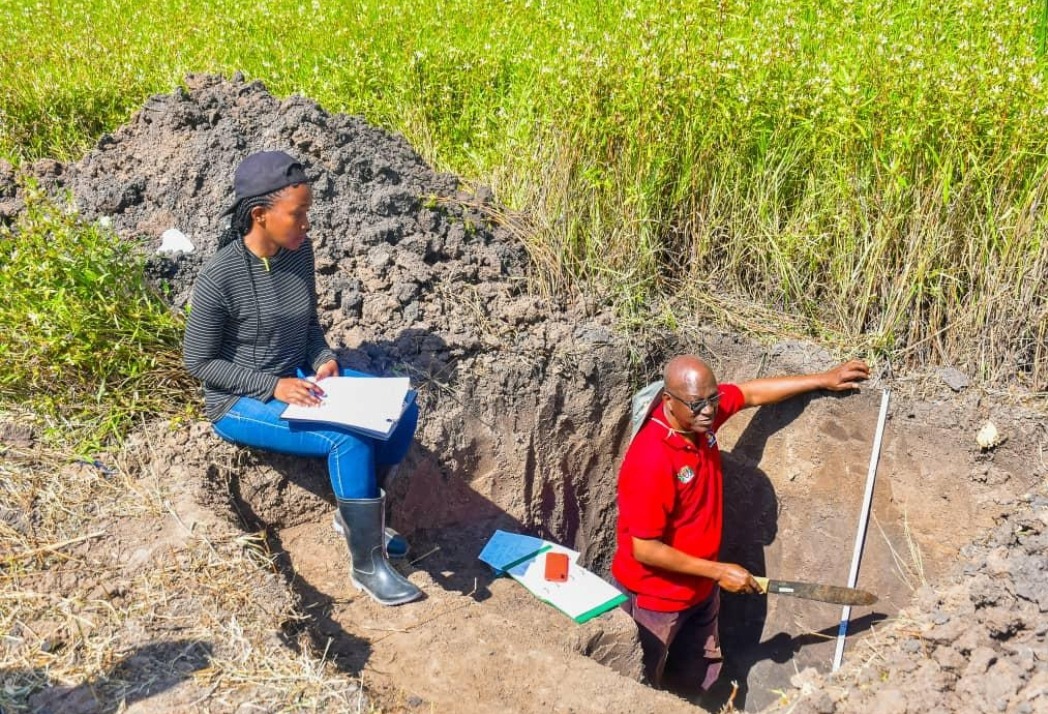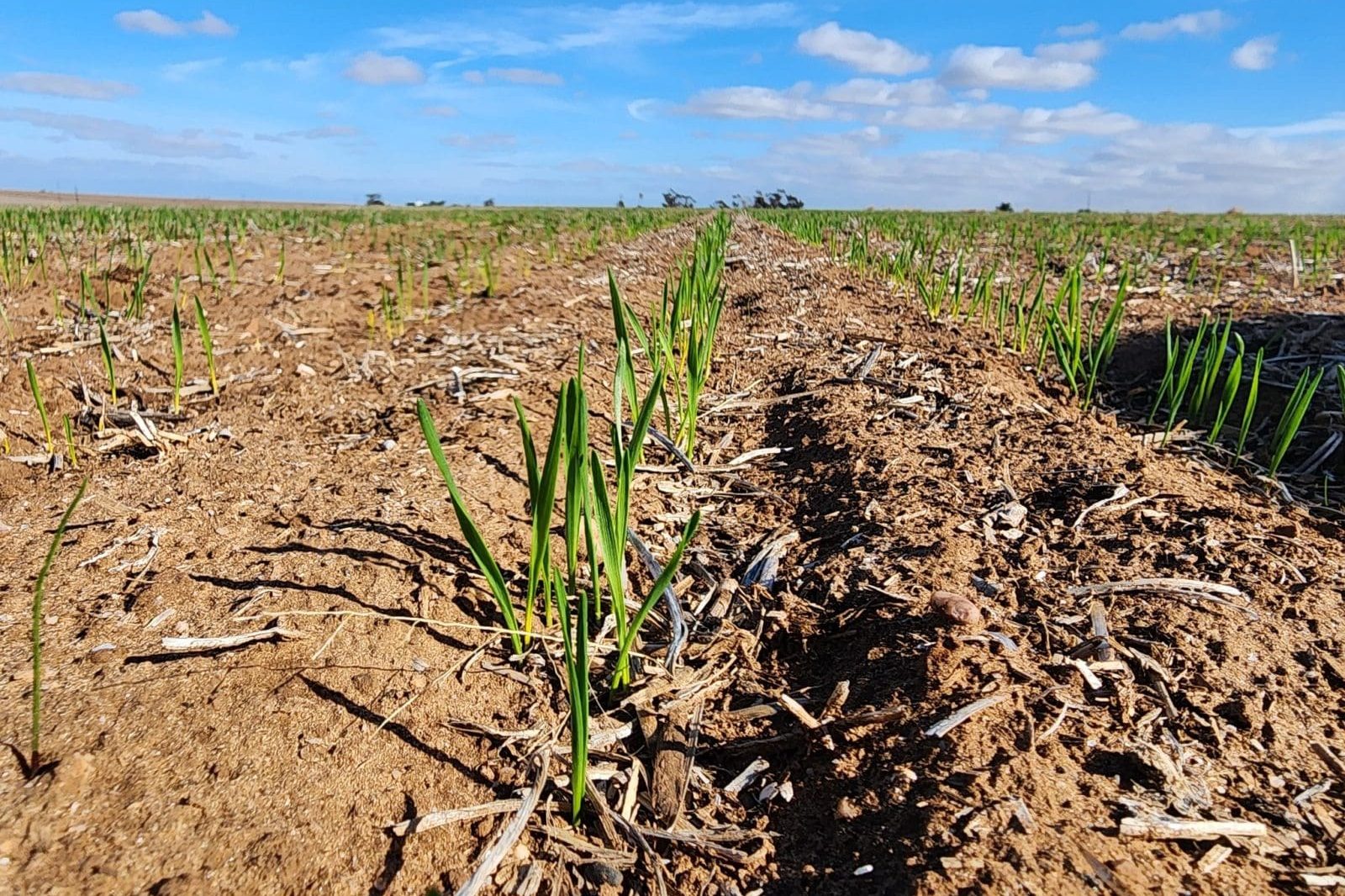Understanding the Importance of Soil Health Assessment and Its Implications for Modern Agriculture
In a bid to foster agricultural efficiency and productivity, the Ministry of Agriculture, through its Department of Agricultural Land Management and Planning, continues its soil health assessment exercise. The team of experts is currently deployed in the Ikungi District of Singida region, focusing on four villages from May 30, 2024, to June 6, 2024.
These villages include Issuna A and B, Ng’ongosoro, and Mkiwa, where the team collaborates with village executives and residents to conduct comprehensive soil assessments.
Senior Officer from the Department of Agricultural Land Management and Planning, Ms. Sauda Mohamed Mjape, elaborated on the significance of this assessment, stating that it provides accurate data on the soil condition nationwide. This, in turn, enables the Ministry to efficiently cater to the agricultural sector’s needs.
Furthermore, Ms. Mjape emphasized, “Soil assessment helps identify suitable crops for cultivation in specific fields, as well as the types and quantities of nutrients present in the soil. Such information is crucial in serving the farmer.” She added that through this data, farmers can determine the appropriate fertilizer quantities, as some fields may require less supplementation.
Agnes Ringo, the Executive Officer of Issuna Village, commended the Ministry’s initiative to assess soil health in her village. She highlighted its potential to empower farmers to cultivate effectively, armed with knowledge about the most suitable crops for their land.
It’s worth noting that since assuming office, President Dr. Samia Suluhu Hassan has spearheaded revolutionary measures in the agricultural sector. These include prioritizing research and science to combat climate change, develop superior seeds, and promote modern farming techniques.
Error




